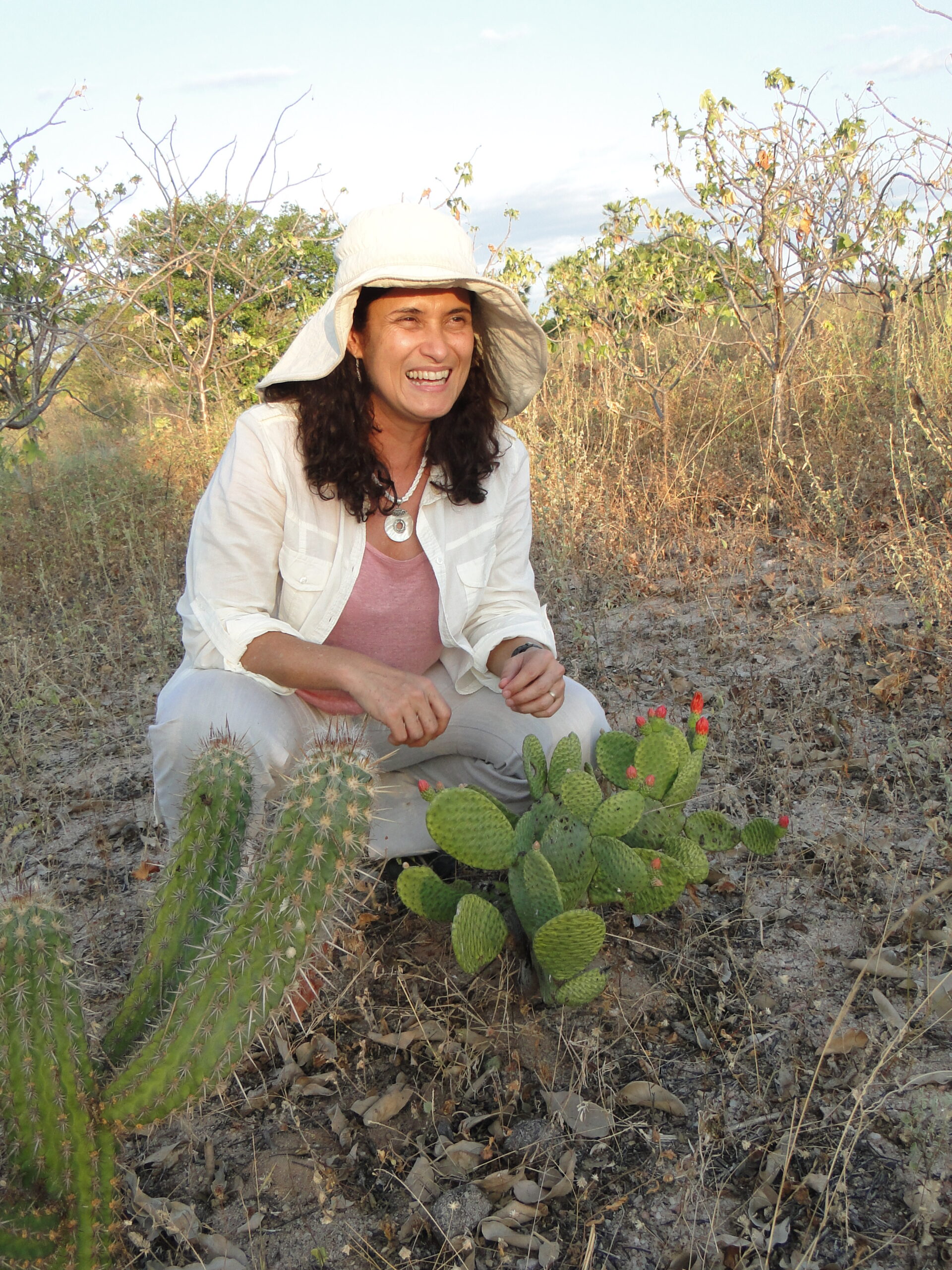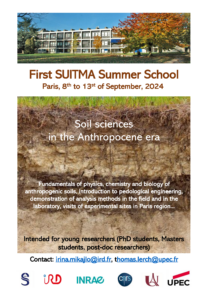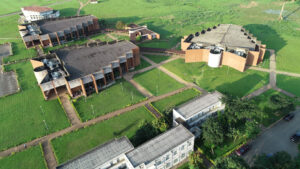
Séminaire de Gislene Ganadé
“Biodiversity-ecosystemfunction science applied to dryland restoration”
Restoration programs that promote greater carbon capture and overall ecosystem functioning have become urgent due to the UN decade of restoration (2021-2030). Therefore, the role of biodiversity in promoting functioning during restoration must be deeply understood worldwide. New insights from a BEF restoration experiment implemented in a semi-arid tropical region show that trees perform better in mixtures compared to monocultures. Facilitation, together with complementarity of resource use, are key mechanisms that lead species with the lowest performance in monocultures to perform better in mixtures. Thus, higher levels of diversity and facilitation should be applied in restoration programmes to increase the suitability of species that may have great ecological importance, but which, due to their slow biomass production, are rarely used in restoration programmes. Future perspectives on how biodiversity could provide economical engagement of human populations and how it could contribute to increasing restoration practices are discussed.






